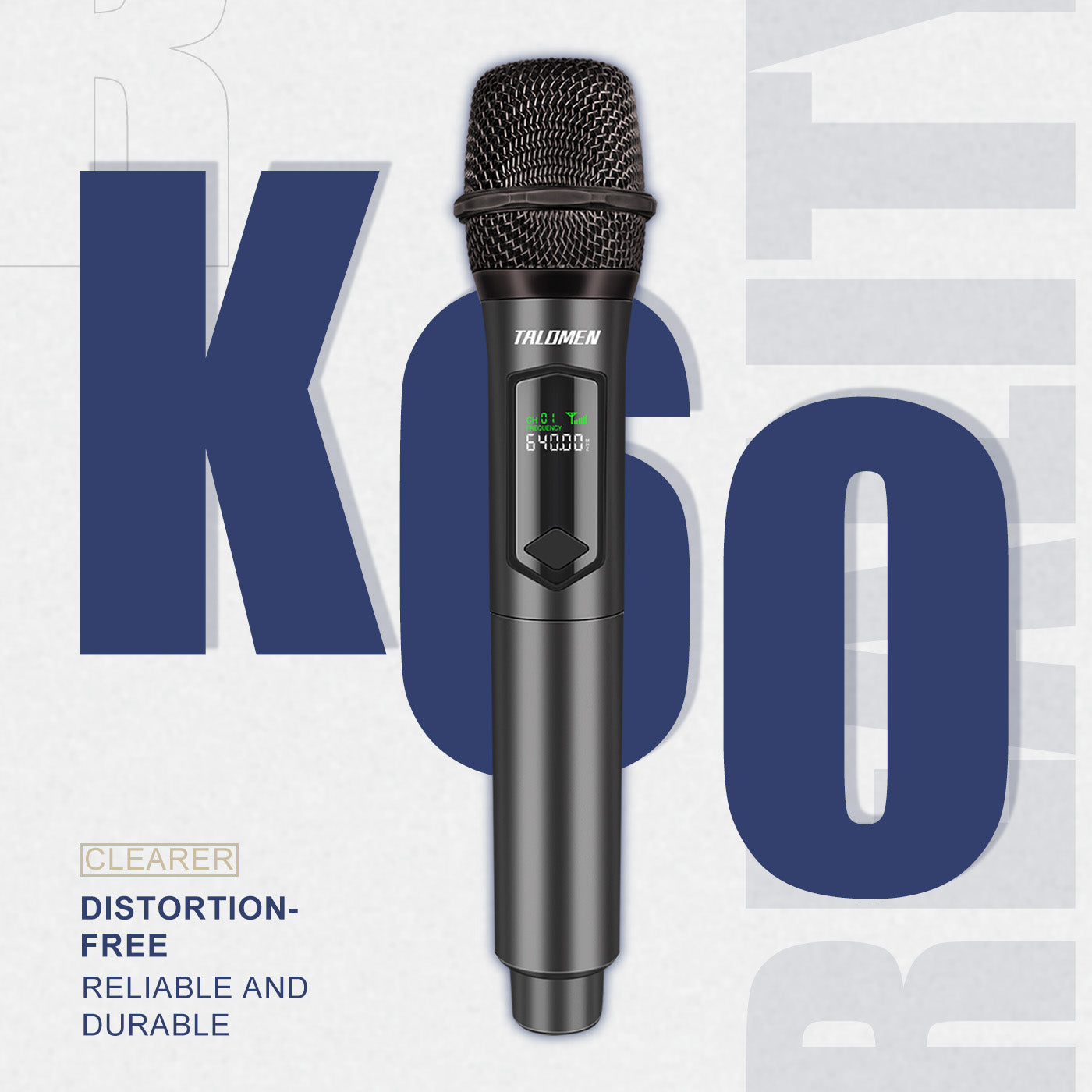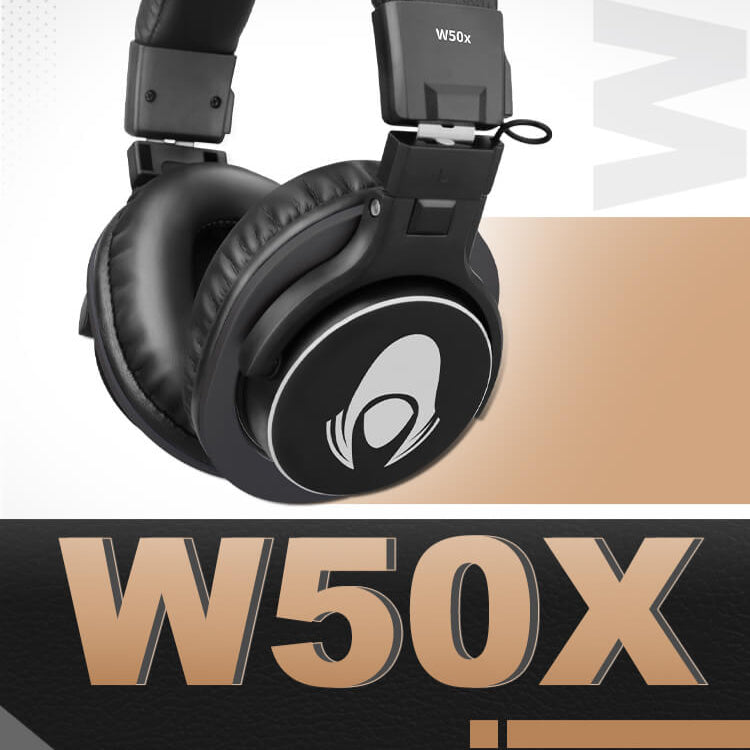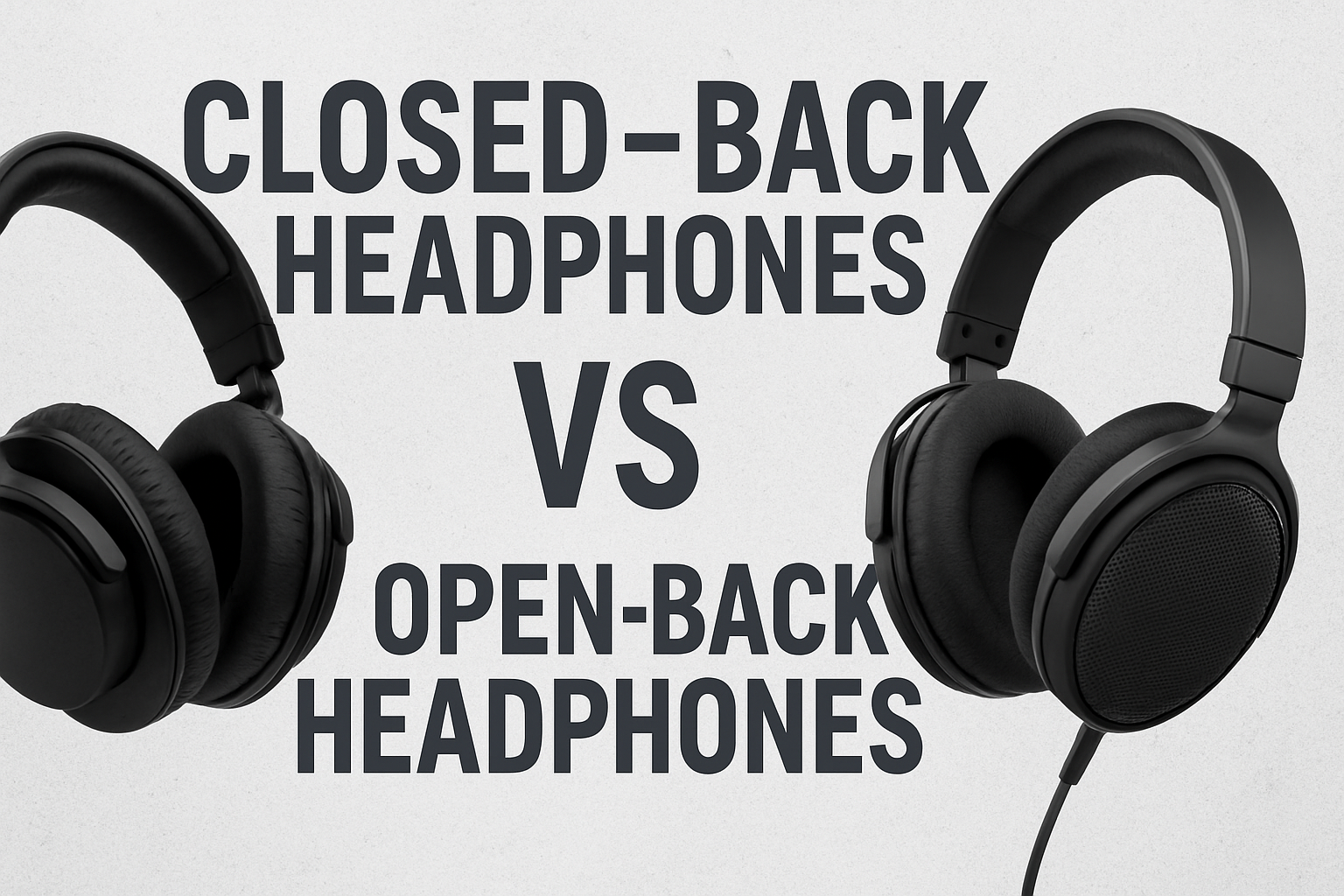If you're getting serious about singing — whether for home practice, live performance, or studio recording — one of the most important tools you'll need is a good microphone for singing. But here comes the big question:
Should you choose a dynamic microphone or a condenser microphone for singing vocals?
In this guide, we’ll break down the difference between these two popular mic types, help you decide which is best for your voice, and show you why choosing the right singing microphone matters more than you might think.
1. Why the Right Microphone Matters for Singers
Using the best microphone for singing isn’t just about sound quality — it directly affects how you hear yourself, build confidence, and improve vocal technique.
Here’s what can happen with the wrong microphone:
❌ Distorted or muffled voice makes it hard to improve pitch and tone
❌ Poor sensitivity fails to capture vocal nuances
❌ Bad wireless or cable quality can cause interruptions
A well-chosen singing microphone for home use or stage use can:
✅ Help you monitor your pitch and vocal control more accurately
✅ Deliver crisp, clear sound for practice or performance
✅ Make recording and feedback easier
🎤 Just starting out? Take a look at this beginner-friendly wireless microphone — perfect for singing at home, karaoke, or open mics.
2. What Is a Dynamic Microphone?
Dynamic microphones are the most common and durable type of vocal microphones. They're widely used in live shows and karaoke settings.
Pros of Dynamic Microphones:
- Great at rejecting background noise
- Rugged, long-lasting build quality
- Can handle high volume levels
- More affordable and best for singing beginners
Cons:
- Less sensitive than condenser mics — not ideal for studio recording
- May miss the subtle harmonics in your voice
💡Best For: Karaoke, live shows, podcasting, and beginner vocalists practicing in less controlled environments.
🎤Recommended Dynamic Microphones for Singing:
- Talomen K60 Wireless Microphone – Delivers stable, interference-free sound for singers who love the freedom of wireless. Ideal for beginners and casual home practice.
- L52 Professional Wired Microphone – A dynamic wired microphone for singing with crisp response and minimal background noise — perfect for performers who prioritize reliable, plug-in simplicity and excellent vocal pickup.
If you're looking for a dynamic mic for beginners with clear sound and dependable quality, both K60 and L52 offer great value.
3. What Is a Condenser Microphone?
Condenser microphones are highly sensitive and are the standard in studio microphones for vocals. They’re preferred by recording artists, podcasters, and voiceover professionals.
Pros of Condenser Microphones:
- Rich detail and accurate frequency response
- Perfect for expressive singing styles
- Brings clarity and brilliance to recordings
Cons:
- Requires phantom power (usually via audio interface)
- More sensitive to room noise
- Less rugged than dynamic mics
💡 Best For: Home studio setups, soft singing styles, or singers looking to produce professional-level recordings.
👉 Browse our studio condenser microphones for vocals to get started.
4. Dynamic vs Condenser Microphone: Which Is Better for Singing?
|
Feature |
Dynamic Mic (e.g. K60 / L52) |
Condenser Mic |
|
Sensitivity |
Lower (good for live & loud singing) |
Higher (captures more vocal detail) |
|
Background Noise |
Less sensitive to ambient noise |
Picks up more background noise |
|
Durability |
Very durable |
More delicate |
|
Power Requirement |
No phantom power needed |
Requires phantom power |
|
Best Use Case |
Karaoke, live gigs, home practice |
Studio recording, quiet environments |
|
Price Range |
Generally more affordable |
Often more expensive |
🎯 Still unsure which mic suits you best? For most beginner vocalists, a dynamic mic like the K60 wireless or the L52 wired offers the best balance of performance, reliability, and ease of use.
5. Other Factors to Consider When Choosing a Singing Microphone
Beyond mic type, consider these features when choosing the best microphone for your voice:
Wired vs Wireless Microphone for Singing:
Wireless options like the K60 offer freedom of movement. See our wireless mic collection.
Polar Patterns:
Cardioid microphones are great at isolating your voice — ideal for solo singing.
Recording or Performance?
If you're recording music, choose a studio condenser microphone. For live or home use, a dynamic mic is more forgiving.
Portability & Build:
Choose rugged, lightweight designs for easy travel or gigging.
Final Thoughts: Choose the Microphone That Fits Your Singing Style
So, dynamic vs condenser mic — which one wins?
-
For home karaoke, voice training, or live performances:
Go for a dynamic mic like the K60 Wireless Microphone or L52 Wired Microphone. -
For studio recording, soft vocal styles, or intricate acoustic work:
Choose a high-quality condenser microphone with wide frequency response.
No matter your level, the right mic can make singing more enjoyable, help you track your improvement, and sound your best — every time you sing.
🎤 Ready to find your perfect microphone?
👉 Explore our full microphone collection and elevate your vocal journey today.





Deixar comentário
Este site é protegido por hCaptcha e a Política de privacidade e os Termos de serviço do hCaptcha se aplicam.